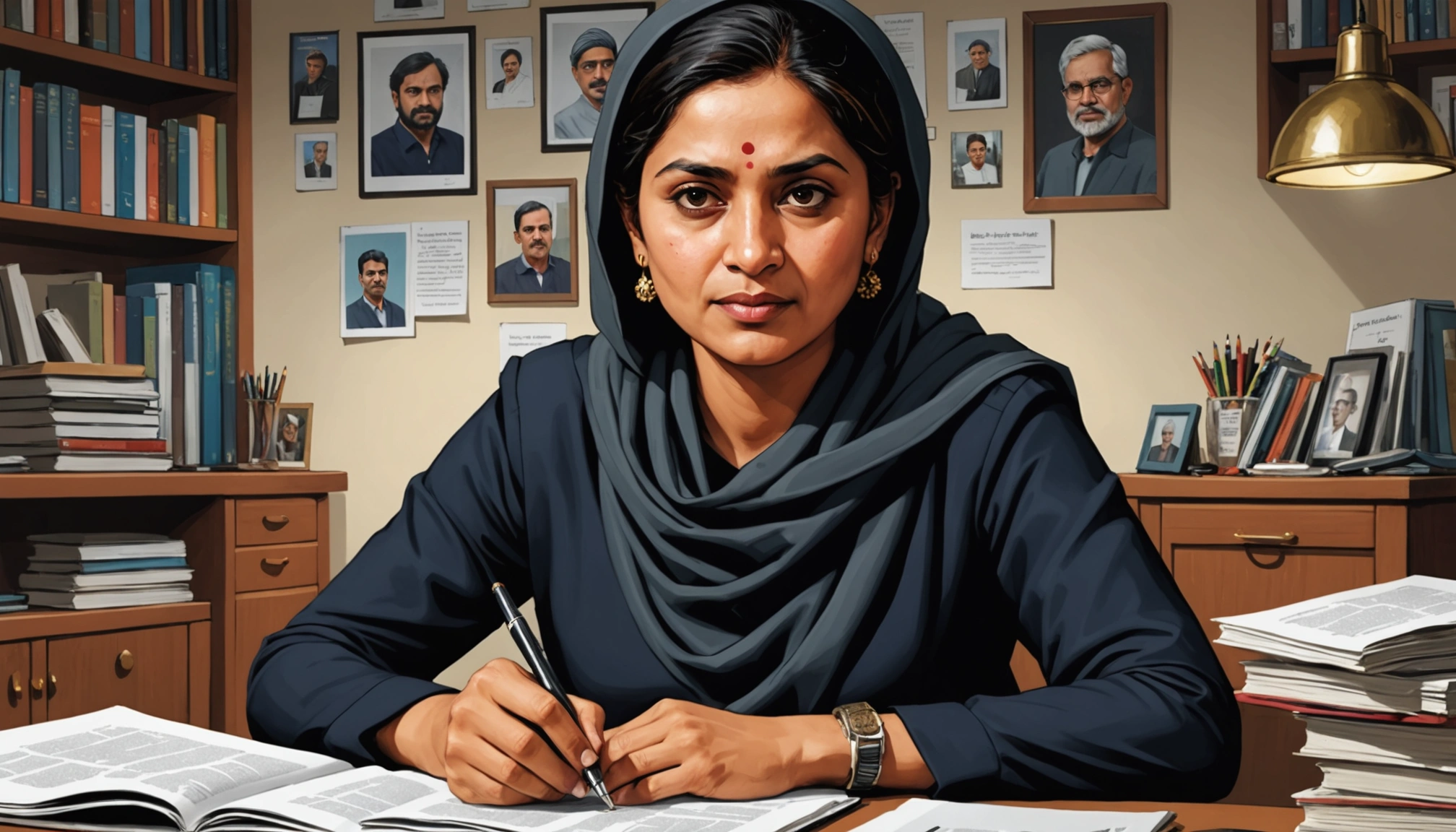Bach's St. John Passion Reimagined: Queer and Arabian Perspectives Offer New Resonance

Johann Sebastian Bach's St. John Passion, a cornerstone of Western classical music, is undergoing a series of contemporary reinterpretations that address pressing social and political issues. Two such adaptations, "Queer Passion" and "Arabian Passion," use Bach's masterpiece as a framework to explore themes of LGBTQ+ discrimination and Middle Eastern conflict, respectively. These innovative approaches breathe new life into the nearly 300-year-old work, demonstrating its enduring power and adaptability.
A Passion Rooted in Faith and Drama
Composed in 1724, the St. John Passion (Johannes-Passion in German), BWV 245, is a musical setting of the Passion story as told in the Gospel of John. Bach, then in his first year as director of church music in Leipzig, originally performed the piece on Good Friday, April 7, 1724, at the St. Nicholas Church. The work depicts the arrest, trial, and crucifixion of Jesus Christ, conveying the emotional weight of the narrative through recitatives, arias, choruses, and instrumental passages. Bach revised the work several times throughout his life, striving for perfection. The version most often heard today is from 1739-1749, though it was never performed during his lifetime.
Bach's deep religious devotion heavily influenced the St. John Passion, considered one of his most personal works. The term "passion" in this context refers to a musical setting of the Passion of Christ. Bach masterfully combined text and music to convey the story's emotions, including sorrow, grief, and the triumph of resurrection.
"Queer Passion": Confronting Discrimination Through Music
"Queer Passion," conceived by author, director, and dramaturge Thomas Höft, directly confronts discrimination against LGBTQ+ individuals. The adaptation draws a parallel between Christ's suffering and the real-world violence and prejudice faced by queer people. The work opens with a reference to the June 2016 Orlando nightclub shooting, a tragic event in which 49 people died and 53 were injured.
Höft's "Queer Passion," played by the Art House 17 orchestra on period instruments, uses Bach's original music but replaces the libretto with stories of queer individuals who have experienced discrimination or violence. Höft stated that he created this adaptation because he felt queer people were not represented in classical music.
"Arabian Passion": Reflecting on War and Displacement
Bulgarian musician and musicologist Vladimir Ivanoff created "Arabian Passion" to reflect on war and displacement in the Middle East. The adaptation incorporates Arabic musical elements and language to connect Western and Eastern traditions. The impetus for Ivanoff's "Arabian Passion" was the 2003 U.S. invasion of Iraq and the devastating consequences for the civilian population. He also expressed concern for the ongoing situation in Gaza.
Ivanoff retained Bach's original text and music but incorporated instruments from the Arabian Mediterranean region. Lebanese singer Fadia El-Hage sings Bach's arias in Arabic. The inclusion of Arabic Christian texts sung by a woman is considered provocative by some conservative Muslims. However, Ivanoff and his Sarband ensemble have been welcomed at various Arab music festivals.
Bridging Cultures and Challenging Perspectives
Both "Queer Passion" and "Arabian Passion" seek to create dialogue and understanding around complex social issues. By recontextualizing Bach's St. John Passion, these adaptations offer new perspectives on the themes of suffering, oppression, and hope.
Ivanoff's "Arabian Passion" compares Jesus' suffering and that of the colonized Middle East in the time of the New Testament with the current situation. Bach's Baroque precision and complexity meet the spontaneity of classical Arab music and Jazz. Arab musicians, jazz saxophonists, and the Modern String Quartet join to reinterpret Bach's passion music.
The Enduring Power of Bach
The St. John Passion has faced scrutiny throughout its history. The Gospel of John identifies "the Jews" as responsible for Jesus's death, leading to accusations of antisemitism. Some performances opt to replace "Juden" (Jews) with "Leute" (people) to soften the tone. Despite these controversies, the St. John Passion remains a powerful work of art that explores universal themes of faith, sacrifice, and redemption.
These contemporary adaptations demonstrate the enduring power and relevance of Bach's music. By reinterpreting the St. John Passion through queer and Arabian lenses, artists are using classical music to address contemporary issues and promote dialogue across cultures. These innovative approaches ensure that Bach's masterpiece continues to resonate with audiences for generations to come.
Related Articles

Japan's Animation Industry Embraces AI to Combat Labor Shortages and Boost Creativity

